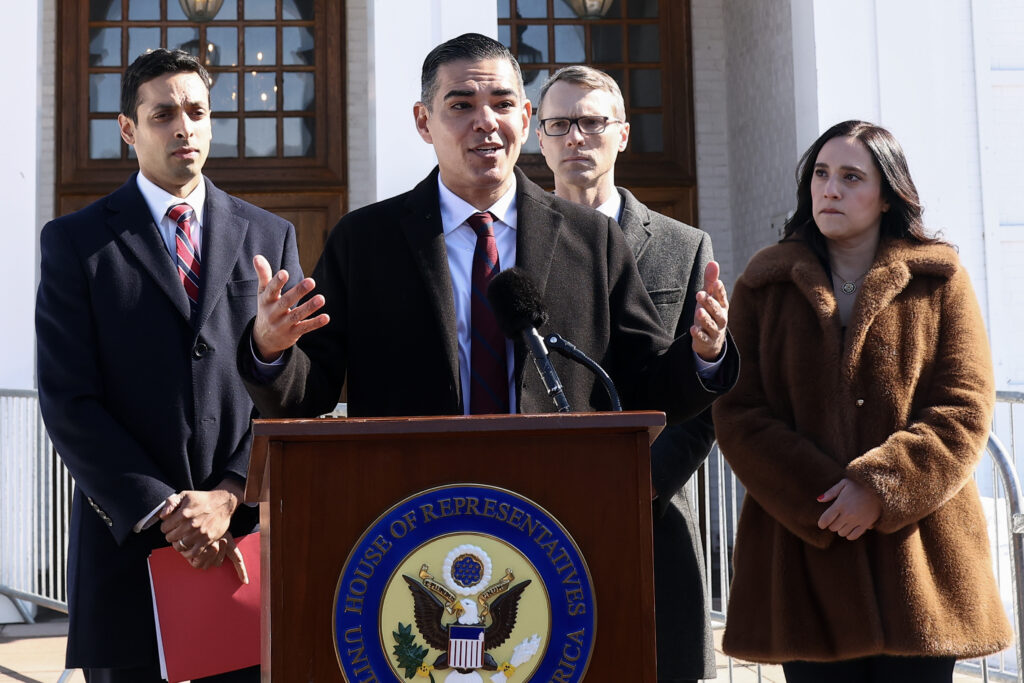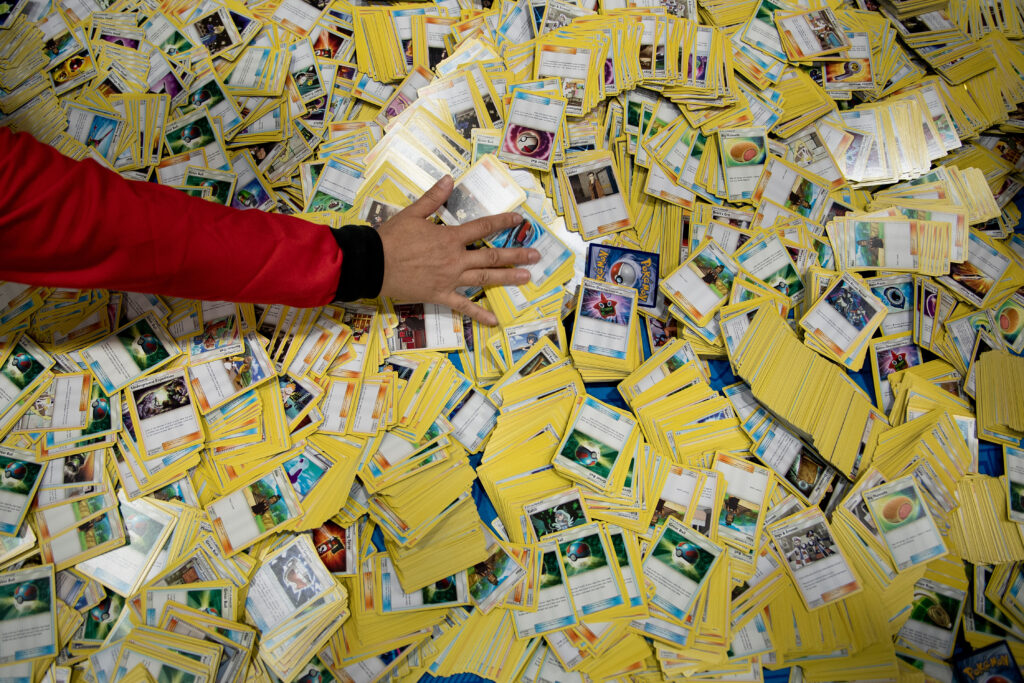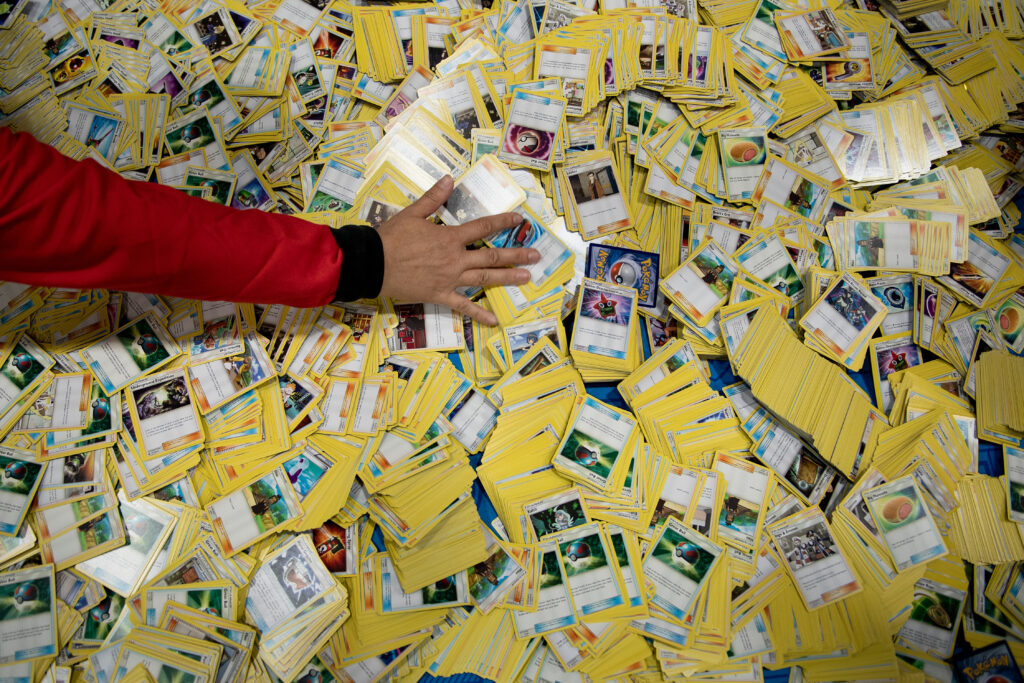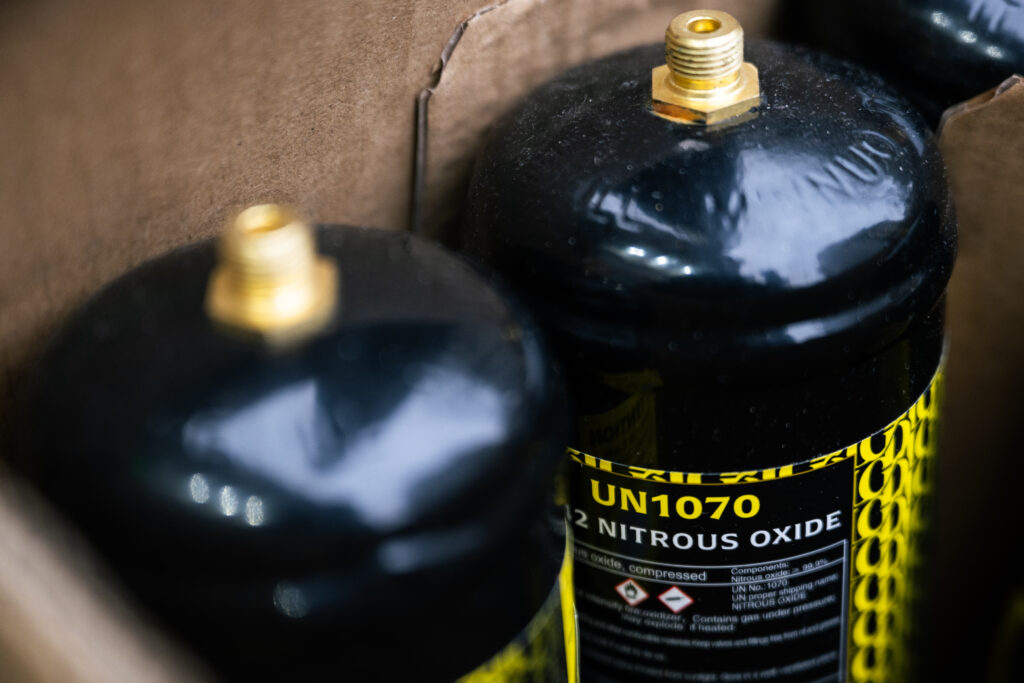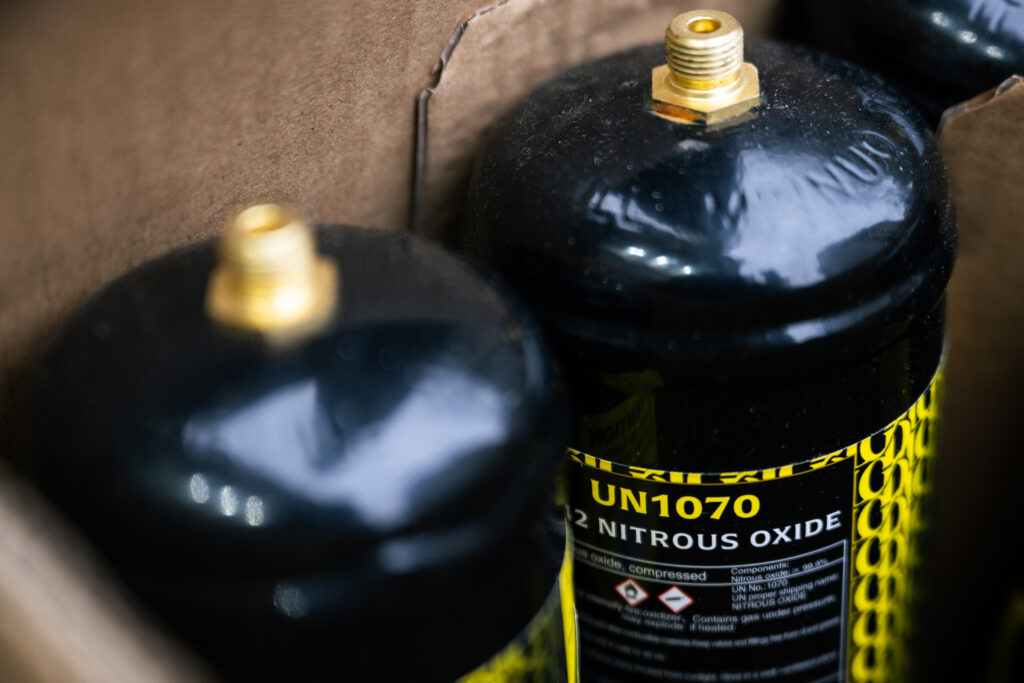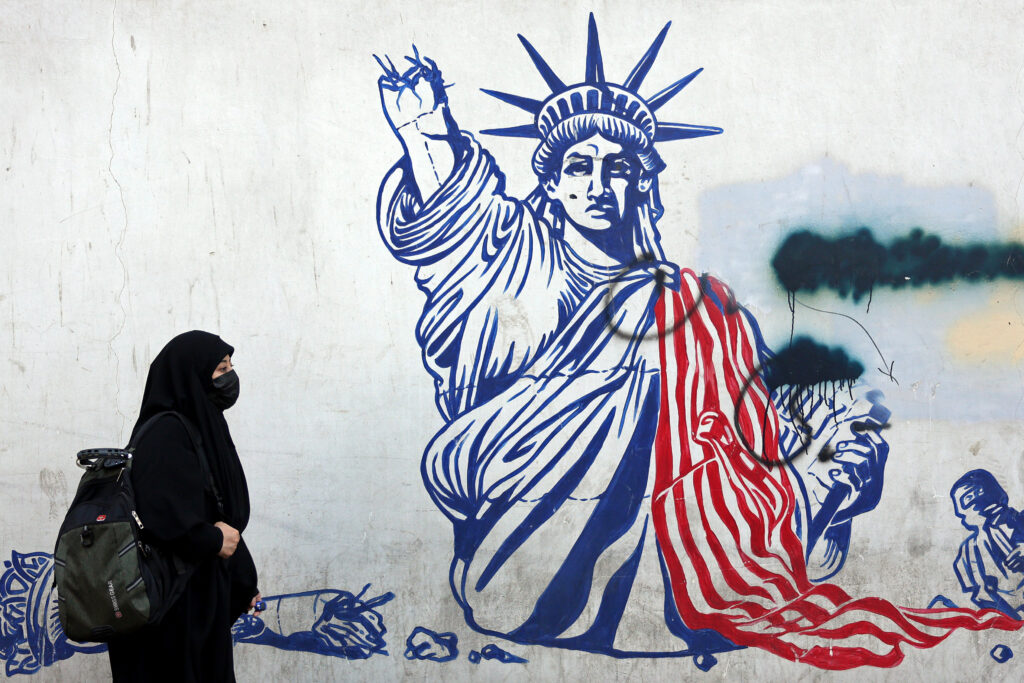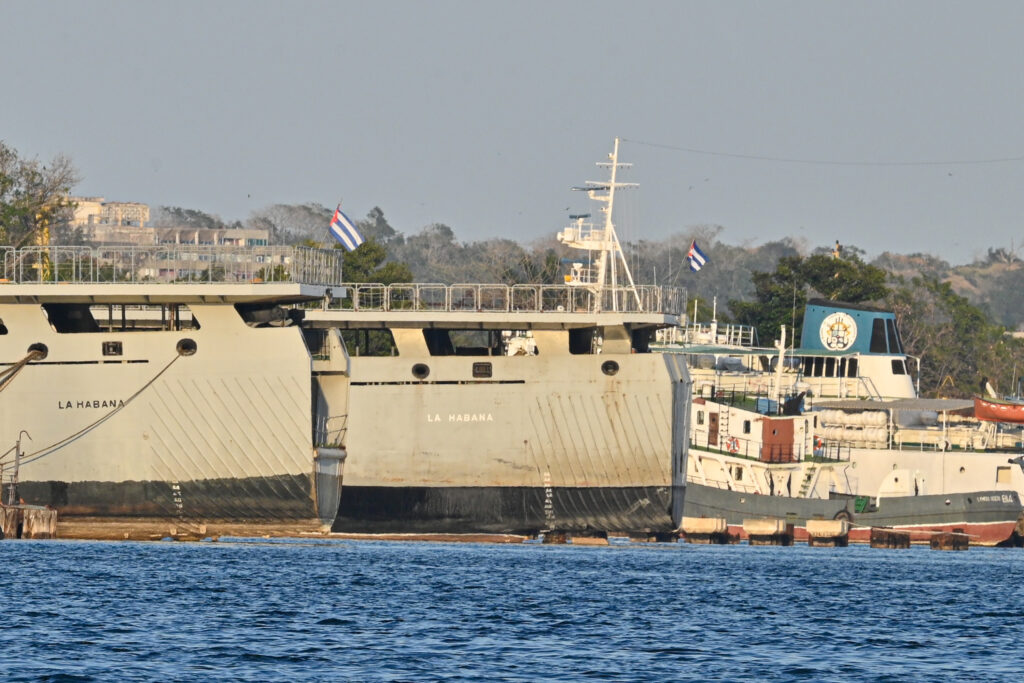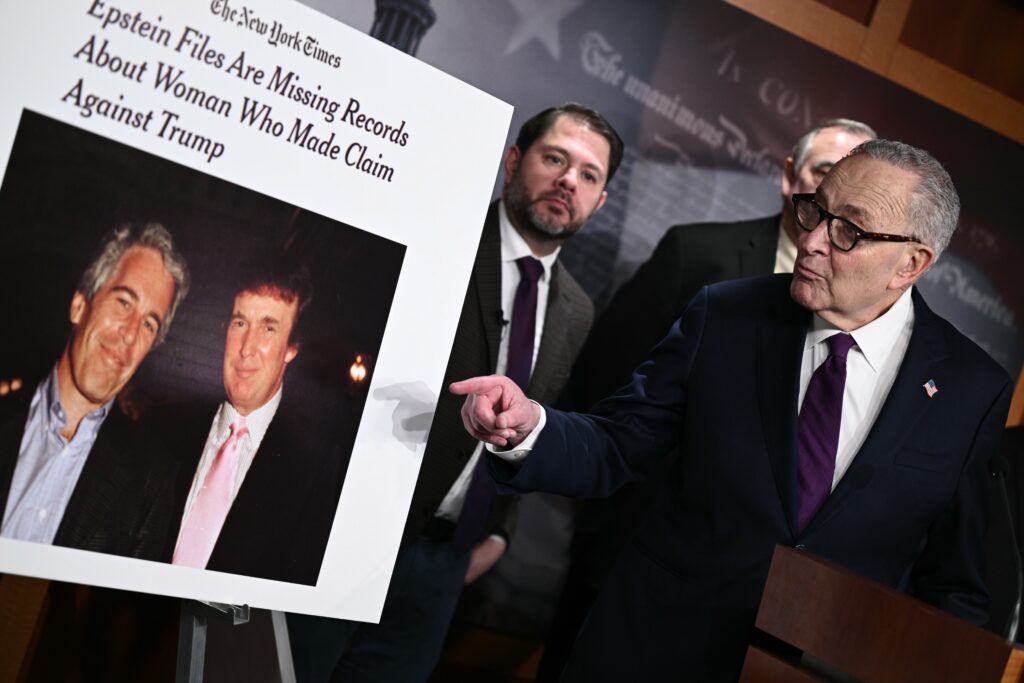Affaire Epstein: Hillary Clinton auditionnée, réclame d’entendre Trump
L’ex-cheffe de la diplomatie américaine Hillary Clinton a contre-attaqué jeudi lors de son audition par une commission d’enquête sur les relations de son couple avec Jeffrey Epstein en réclamant que Donald Trump soit entendu sur ses propres liens avec le criminel sexuel.”Si cette commission voulait sérieusement connaître la vérité sur les crimes d’exploitation sexuelle d’Epstein (…) elle demanderait directement à notre président actuel de s’expliquer sous serment sur des dizaines de milliers de fois où il apparaît dans le dossier”, a-t-elle lancé dans une déclaration préliminaire qu’elle a partagée sur X.Des membres de la commission de la Chambre des représentants à majorité républicaine se sont déplacés pour l’occasion jusqu’à Chappaqua, petite ville au nord de New York où les Clinton possèdent une maison. L’ex-secrétaire d’Etat est entendue en premier, avant son mari qui, lui, s’exprimera vendredi. Les parlementaires ont “beaucoup de questions” à leur poser, a insisté son président, le républicain James Comer.L’ex-président démocrate Bill Clinton, qui a voyagé à plusieurs reprises à bord du jet privé de Jeffrey Epstein et a été photographié de nombreuses fois en sa compagnie, avait affirmé en 2019 ne pas lui avoir parlé depuis plus d’une décennie. Hillary Clinton a pour sa part déclaré à peine connaître le financier et criminel sexuel, décédé en prison en 2019.”Personne, à l’heure actuelle, n’accuse les Clinton de la moindre malversation. Ils bénéficieront d’une procédure régulière, mais nous avons beaucoup de questions, et l’objectif de toute l’enquête est d’essayer de comprendre de nombreux aspects de l’affaire Epstein”, a poursuivi James Comer.Robert Garcia, élu démocrate au sein de la commission, a accusé la Maison Blanche de dissimuler des allégations contre Donald Trump, évoquant le retrait par le gouvernement de documents mentionnant le président américain, dont certains relatant, selon la presse, des accusations d’agression sexuelle sur mineure.”Nous allons exiger, dans les prochains jours, la publication des documents restants”, a-t-il dit, ajoutant : “Faisons venir le président Trump devant notre commission pour répondre aux questions!”.Devant le petit centre culturel municipal où se tient l’audition, la police a érigé des barricades métalliques.Dans la matinée, un couple de personnes âgées s’est rendu sur place avec une pancarte exigeant que Donald Trump soit entendu.- Audition en pause -Jim Levine, 34 ans, qui vit près de là, juge que c’est un “privilège” que les Clinton puissent déposer sous serment près de leur domicile. “Enfermez-la, voilà ce que je dis”, lance-t-il à propos de l’ex-secrétaire d’Etat.Peu après qu’elle ait démarré, l’audition a été interrompue en raison de la diffusion à l’extérieur d’une photo de la rencontre par l’une des élues présentes, contrairement aux règles de confidentialité qui s’imposent.L’audition n’est pas publique, mais son enregistrement devrait par la suite être dévoilé, probablement vendredi, quand Bill Clinton aura à son tour été entendu.C’est le même groupe de parlementaires qui avait entendu le 9 février la complice de Jeffrey Epstein, Ghislaine Maxwell, en visioconférence depuis la prison où elle purge une peine de 20 ans d’emprisonnement pour exploitation sexuelle.Donald Trump et Bill Clinton, tous deux âgés de 79 ans, ont chacun entretenu des liens avec Jeffrey Epstein mais assurent avoir rompu avec lui bien avant sa mort en prison à New York et n’avoir pas eu connaissance de ses crimes sexuels.Le ministère américain de la Justice a publié le 30 janvier “plus de trois millions de pages” en partie caviardées, affirmant que l’administration Trump s’était ainsi acquittée de son obligation de faire toute la lumière sur ce dossier explosif.Ces millions de documents ne contiennent pas d’éléments pouvant aboutir à des poursuites supplémentaires de la part de la justice américaine, avait prévenu d’emblée le numéro 2 du ministère, Todd Blanche.Mais depuis leur publication, des dirigeants et personnalités du monde entier ont été éclaboussés pour leurs liens passés avec Jeffrey Epstein, provoquant enquêtes pénales, arrestations et démissions en cascade, principalement en Europe.Initialement convoqués en octobre, Bill et Hillary Clinton avaient refusé de se présenter.Mais menacé par la commission de poursuites pour entrave au Congrès, le couple a finalement annoncé fin janvier accepter d’être entendu.
